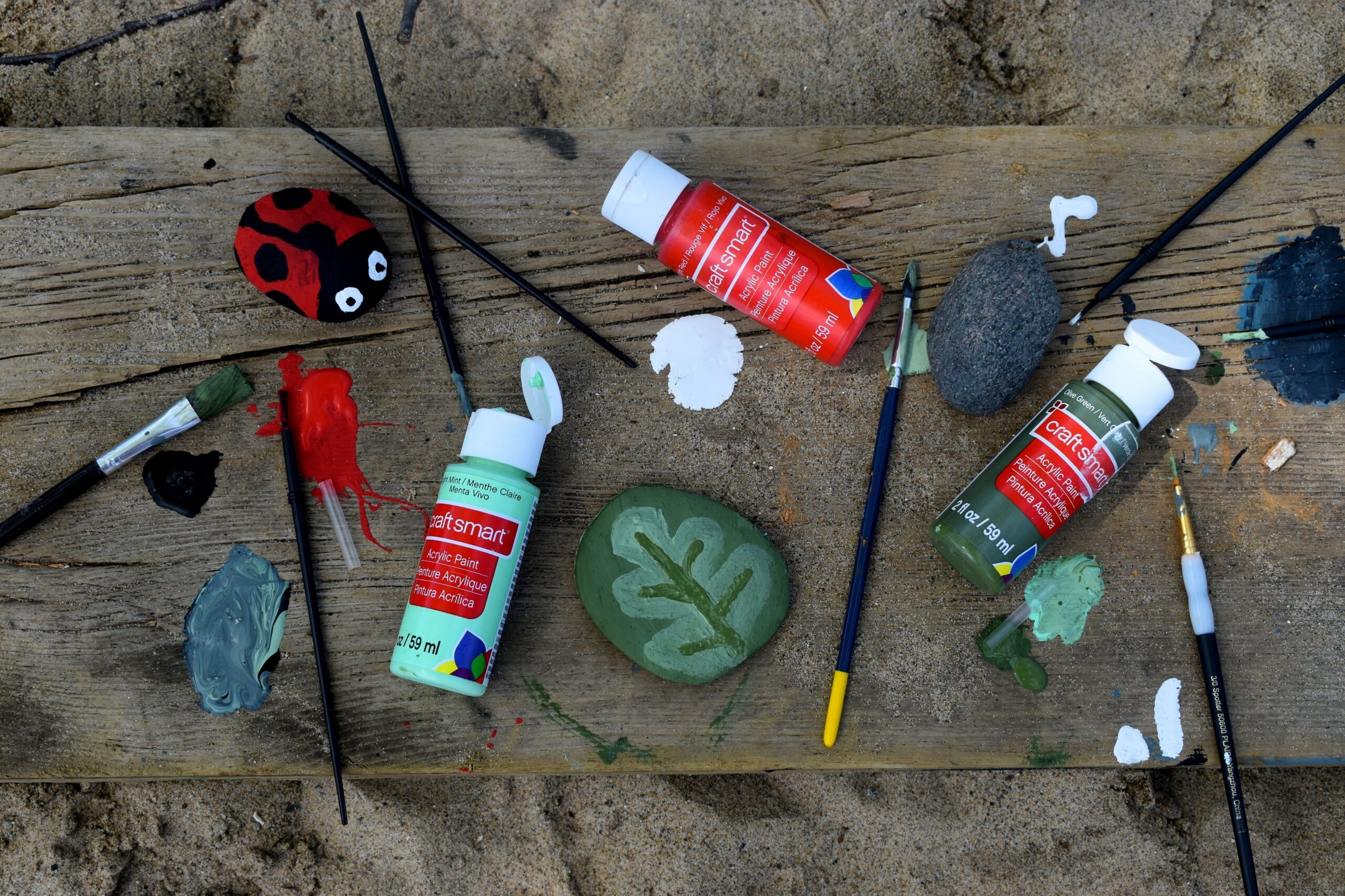Ewan's story
"I love my veg patch. I like seeing the progress each week. When you are growing things, you can really see the difference you are making."
discover more >Students with special education needs and disabilities (SEND) can face a number of barriers when navigating the education system – including physical barriers, as well as cognitive and emotional barriers.
Research and studies have consistently shown the positive impact of arts and cultural education on the mental wellbeing of children, and an engaging arts and culture programme can have both practical and emotional benefits – and boost the learning and mental wellbeing of SEND learners.

Students with additional needs may often feel overwhelmed in subjects where they do not have a level playing field, however as arts is subjective, it means everyone can be on the same level.
Engaging in arts and cultural activities can help children with learning differences, as it allows freedom of creative expression, enabling students to communicate and express themselves in ways that makes sense to them, and in which they are comfortable with. This in turn, can lead to a calmer environment more conducive to learning and increased mental and emotional wellbeing.
Embedding creative arts projects into daily interventions can prove an effective way of maximising learning experiences for SEND learners and boost their mental wellbeing.
Find out more about the work we’ve been doing with Ellesmere College, a SEND school based in Leicester here and how we helped them on their Artsmark journey.
If your school would like support with cultural education provision in your SEND setting, get in touch with us at info@themightycreatives.com.